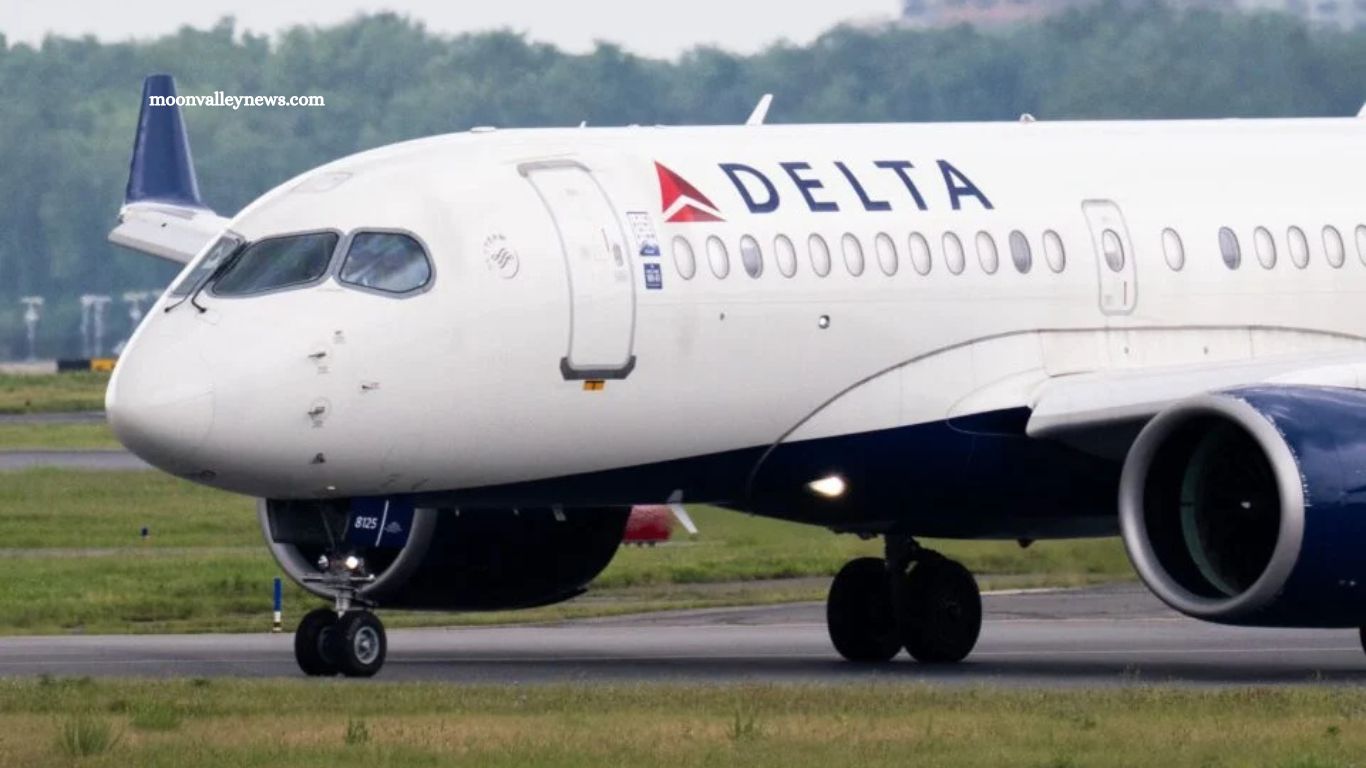Delta Air Lines is accelerating its push into AI-powered dynamic pricing, aiming to transform how it prices tickets across its network. What began as a limited pilot using tools developed by Israeli tech firm Fetcherr has now expanded to cover 3% of domestic flights, with the goal of reaching 20% by the end of 2025. The airline says it is using artificial intelligence to “optimize revenue” by adjusting fares based on a range of variables in real time.
While Delta sees this as a step forward in innovation and efficiency, the move has sparked concern among critics who argue that AI-driven pricing could lead to exploitative practices. As the technology evolves, so too does the debate around fairness and transparency in air travel.
Read More: Kate Middleton Opens Up About Her Cancer Diagnosis and Challenging Treatment
Executive Insights on AI Pricing Rollout
Delta’s CEO, Edward H. Bastian, detailed the company’s approach during a recent investors call, emphasizing the goal of “optimizing revenue through [its] partnership with Fetcherr” by leveraging “AI-enhanced pricing solutions.”
Glen Hauenstein, Delta’s president, further clarified the rollout timeline on July 10: “So today, we’re about 3% of domestic. And that’s… our goal is to have about 20% by the end of the year, and that’s a goal.” He underscored the iterative nature of implementing AI models, noting, “you have to train these models and give it multiple opportunities to provide different results.”
Hauenstein described the process as a “heavy testing phase,” adding, “We like it a lot, and we’re continuing to roll it out, but we’re going to take our time and make sure that the rollout is successful as opposed to trying to rush it and risk that there are unwanted answers in there.”
Controversy and Criticism
Dynamic pricing strategies, particularly those driven by AI, are often met with skepticism and controversy. Critics argue such tactics may exploit customers. Senator Ruben Gallego (D-AZ) expressed strong disapproval, tweeting, “Delta’s CEO just got caught bragging about using AI to find your pain point—meaning they’ll squeeze you for every penny. This isn’t fair pricing or competitive pricing. It’s predatory pricing.”
In response, Delta has maintained that its pricing remains transparent and fair. A spokesperson told Fortune magazine, “Our fares are publicly filed and based solely on trip-related factors like advance purchase and cabin class, and we maintain strict safeguards to ensure compliance with federal law.”
The Broader Context of Dynamic Pricing
The backlash against AI-driven dynamic pricing is not unique to airlines. In early 2024, when Wendy’s considered introducing surge pricing for certain menu items, consumer outrage led to a swift reversal. Whether Delta will face similar public relations challenges remains uncertain.
However, Delta’s significant revenue streams—particularly its lucrative partnership with American Express—may cushion the company from public discontent. As noted in a 2023 Atlantic article, “airlines are just banks now,” implying that their business models prioritize maximizing profits, sometimes at the expense of customer sentiment.
Looking Ahead
As Delta cautiously scales up its AI-powered pricing system, the company must balance innovation with customer perception. The success of dynamic pricing depends not only on the technology itself but also on how well the company manages concerns about fairness and transparency.
Frequently Asked Questions
What is dynamic pricing?
Dynamic pricing is a strategy where ticket prices are adjusted in real time based on various factors such as demand, time of booking, seasonality, and more. AI allows airlines to analyze massive datasets and adjust prices more frequently and precisely.
Who is Delta partnering with for this technology?
Delta is working with Fetcherr, an Israeli technology startup founded in 2019, which specializes in AI-powered pricing tools for the travel industry.
How much of Delta’s pricing currently uses AI?
As of mid-2025, about 3% of Delta’s domestic flights use AI-powered dynamic pricing. The company aims to increase that to 20% by the end of the year.
Why is Delta using AI for pricing?
Delta says AI helps the airline optimize revenue by responding more accurately to market demand, travel patterns, and other real-time factors that affect how tickets are priced.
Will dynamic pricing make flights more expensive?
Not necessarily. Dynamic pricing can result in both higher and lower fares depending on the time of booking and demand. However, critics argue that AI could be used to exploit customers by identifying and charging their maximum willingness to pay.
Is this legal?
Yes. Delta maintains that its pricing complies with all federal regulations and is based on transparent trip-related factors like booking class and advance purchase.
Conclusion
Delta’s expansion of AI-powered dynamic pricing marks a significant shift in how airline fares are set and sold. Backed by its partnership with Fetcherr, the airline sees this as a data-driven evolution toward smarter, more responsive pricing strategies. While Delta emphasizes innovation and revenue optimization, the move has sparked broader conversations around fairness, transparency, and the ethical use of AI in consumer pricing.







